For centuries, coffee and tea have been the world’s most beloved beverages, each with its own legion of devoted followers. The debate over which is healthier has raged just as long, with passionate arguments on both sides. While both drinks offer distinct benefits, the answer isn’t as simple as declaring one the outright winner. The health impacts depend on factors like preparation methods, consumption habits, and individual physiology.
The Caffeine Factor
Caffeine is often the first point of comparison between coffee and tea. A typical cup of coffee contains roughly 95 mg of caffeine, while black tea offers about 47 mg, and green tea even less. For those sensitive to caffeine, tea might seem like the gentler choice. However, caffeine isn’t inherently bad—it enhances alertness, improves mood, and can even boost metabolic rate. The key lies in moderation. Excessive coffee consumption may lead to jitters or insomnia, whereas tea’s lower caffeine levels provide a more sustained energy lift without the crash.
But caffeine isn’t the only compound at play. Tea, especially green and white varieties, contains L-theanine, an amino acid that promotes relaxation without drowsiness. This unique combination with caffeine creates a calm yet focused state, often described as "alert tranquility." Coffee lacks this balancing act, which explains why some people find tea’s energy boost smoother and less jarring.
Antioxidants: A Battle of Polyphenols
Both beverages are rich in antioxidants, though their profiles differ significantly. Coffee is packed with chlorogenic acids, which have been linked to reduced inflammation and improved blood sugar regulation. Studies suggest these compounds may lower the risk of type 2 diabetes and even certain neurodegenerative diseases like Parkinson’s.
Tea, on the other hand, boasts catechins—particularly epigallocatechin gallate (EGCG)—which are potent antioxidants with anti-cancer and heart-protective properties. Green tea’s EGCG content has been extensively studied for its role in fat oxidation and cardiovascular health. Black tea, while fermented, contains theaflavins that also support cholesterol metabolism. The antioxidant battle isn’t about superiority but rather complementary benefits that cater to different health needs.
Heart Health Showdown
Cardiologists often weigh in on the coffee vs. tea discussion, and research presents intriguing findings. Moderate coffee consumption (3-5 cups daily) correlates with a reduced risk of heart disease, likely due to its anti-inflammatory effects. However, excessive intake may elevate blood pressure temporarily in sensitive individuals.
Tea drinkers enjoy their own cardiovascular perks. The flavonoids in both green and black tea improve endothelial function, essentially helping blood vessels relax. Population studies show habitual tea consumption associates with lower LDL cholesterol and reduced stroke risk. The ritual of tea drinking—often slower-paced than coffee consumption—might also contribute to stress reduction, indirectly benefiting heart health.
Gut Health and Iron Absorption
Where tea and coffee diverge sharply is their impact on digestion. Coffee stimulates gastric acid production, which can aid digestion but aggravate conditions like GERD. Its laxative effect, while helpful for some, may disrupt others. Tea, particularly herbal varieties like ginger or peppermint, often soothes the stomach.
One significant downside to tea is its tannin content—these compounds can inhibit iron absorption by up to 60% when consumed with meals. This poses particular concerns for vegetarians or those with anemia. Coffee also affects iron absorption but to a lesser degree. Nutritionists recommend consuming these beverages between meals rather than during to mitigate this effect.
Longevity and Disease Prevention
Epidemiological studies paint an interesting longevity picture. Both beverages associate with reduced mortality, but through different pathways. Coffee drinkers show lower rates of liver disease and certain cancers, possibly due to coffee’s ability to upregulate detoxifying enzymes. The famous Blue Zones—regions with exceptional longevity—often include tea as a dietary staple, with researchers crediting its polyphenols for cellular protection.
Notably, preparation methods dramatically influence health outcomes. Loading coffee with sugar and cream or opting for sugary tea beverages negates potential benefits. Similarly, excessively hot tea may increase esophageal cancer risk—a reminder that temperature matters as much as content.
Mental Health and Cognitive Effects
The brain benefits from both beverages differently. Coffee’s higher caffeine concentration links to reduced depression risk and may offer some protection against Alzheimer’s. The Parkinson’s prevention association is particularly strong, with coffee drinkers showing up to 60% lower risk in some studies.
Tea’s L-theanine promotes alpha brain waves associated with relaxed alertness, potentially lowering stress hormone levels. Matcha, a powdered green tea, provides both caffeine and L-theanine in concentrated form, making it a favorite among meditators and students alike. The ritual of tea preparation itself may offer mindfulness benefits that coffee culture often lacks.
The Verdict: Context Matters
Declaring one beverage universally healthier proves impossible—it depends entirely on individual health contexts and consumption patterns. Athletes might prefer coffee’s performance-enhancing caffeine boost, while those managing stress may thrive on tea’s calming effects. Pregnant women typically tolerate tea better due to lower caffeine content, while migraine sufferers might leverage coffee’s vasoconstrictive properties.
Perhaps the wisest approach embraces both. Many cultures have long enjoyed coffee for morning alertness and tea for afternoon relaxation. This balanced consumption harnesses each drink’s unique advantages while mitigating potential downsides. After all, in the grand tapestry of dietary habits, both coffee and tea have earned their places as health-supportive elixirs—when consumed mindfully and in moderation.

By James Moore/Apr 9, 2025

By Natalie Campbell/Apr 9, 2025
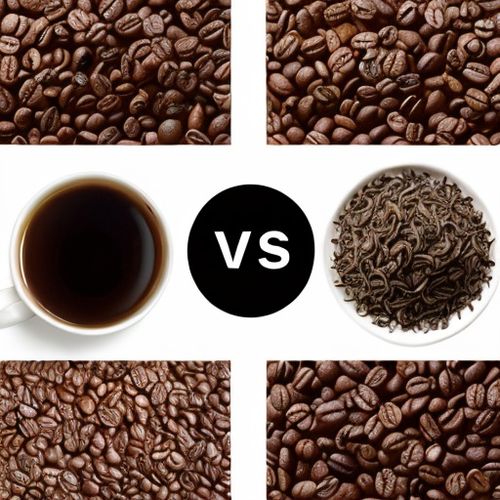
By Rebecca Stewart/Apr 9, 2025

By Rebecca Stewart/Apr 9, 2025

By Olivia Reed/Apr 9, 2025

By Emma Thompson/Apr 9, 2025

By Noah Bell/Apr 9, 2025

By Emma Thompson/Apr 9, 2025
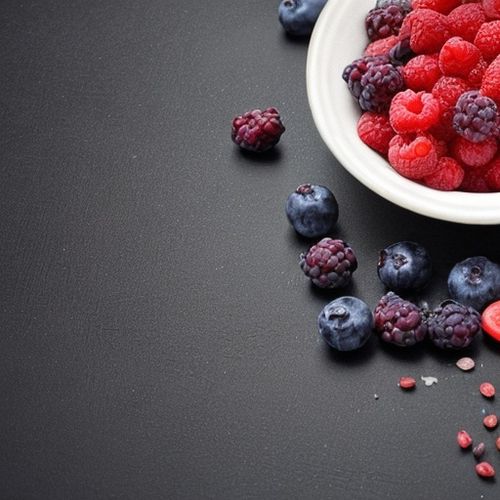
By Amanda Phillips/Apr 9, 2025

By James Moore/Apr 9, 2025
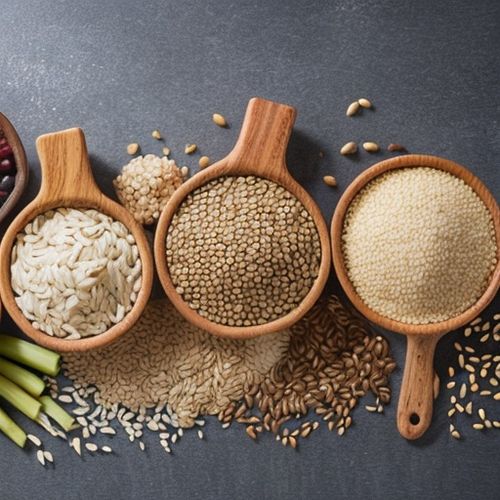
By William Miller/Apr 9, 2025

By John Smith/Apr 9, 2025
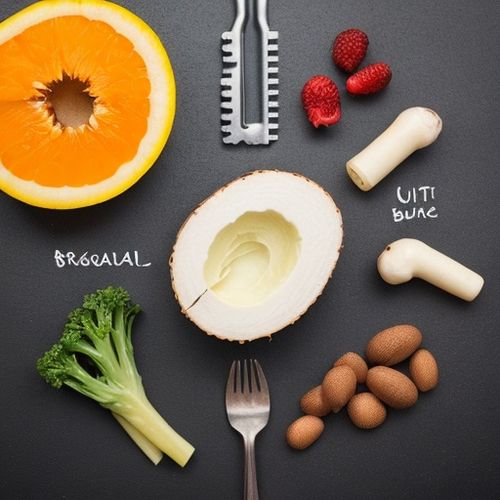
By Eric Ward/Apr 9, 2025
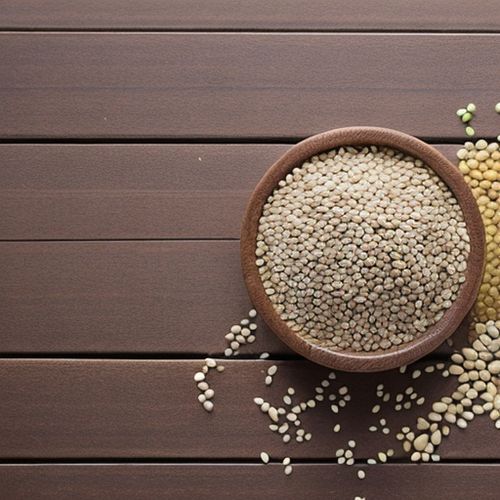
By Emma Thompson/Apr 9, 2025
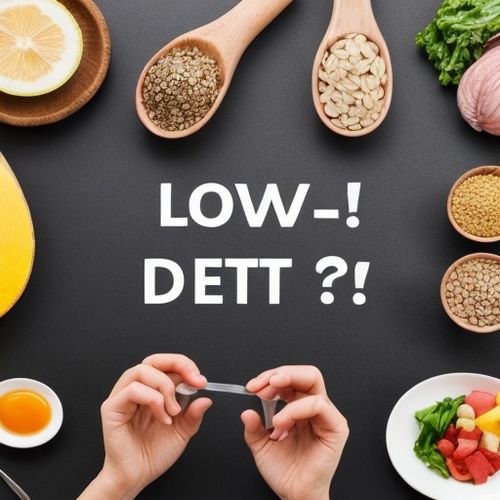
By Samuel Cooper/Apr 9, 2025
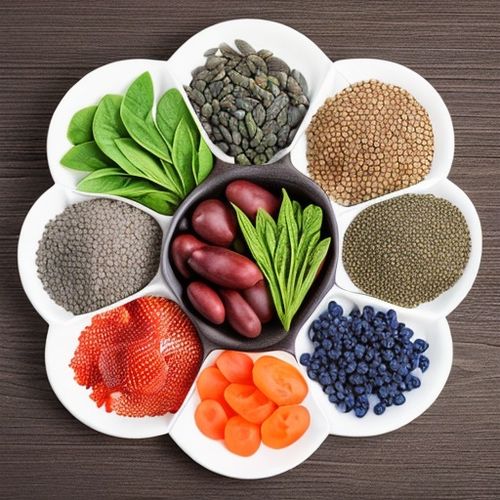
By Lily Simpson/Apr 9, 2025

By David Anderson/Apr 9, 2025

By Megan Clark/Apr 9, 2025